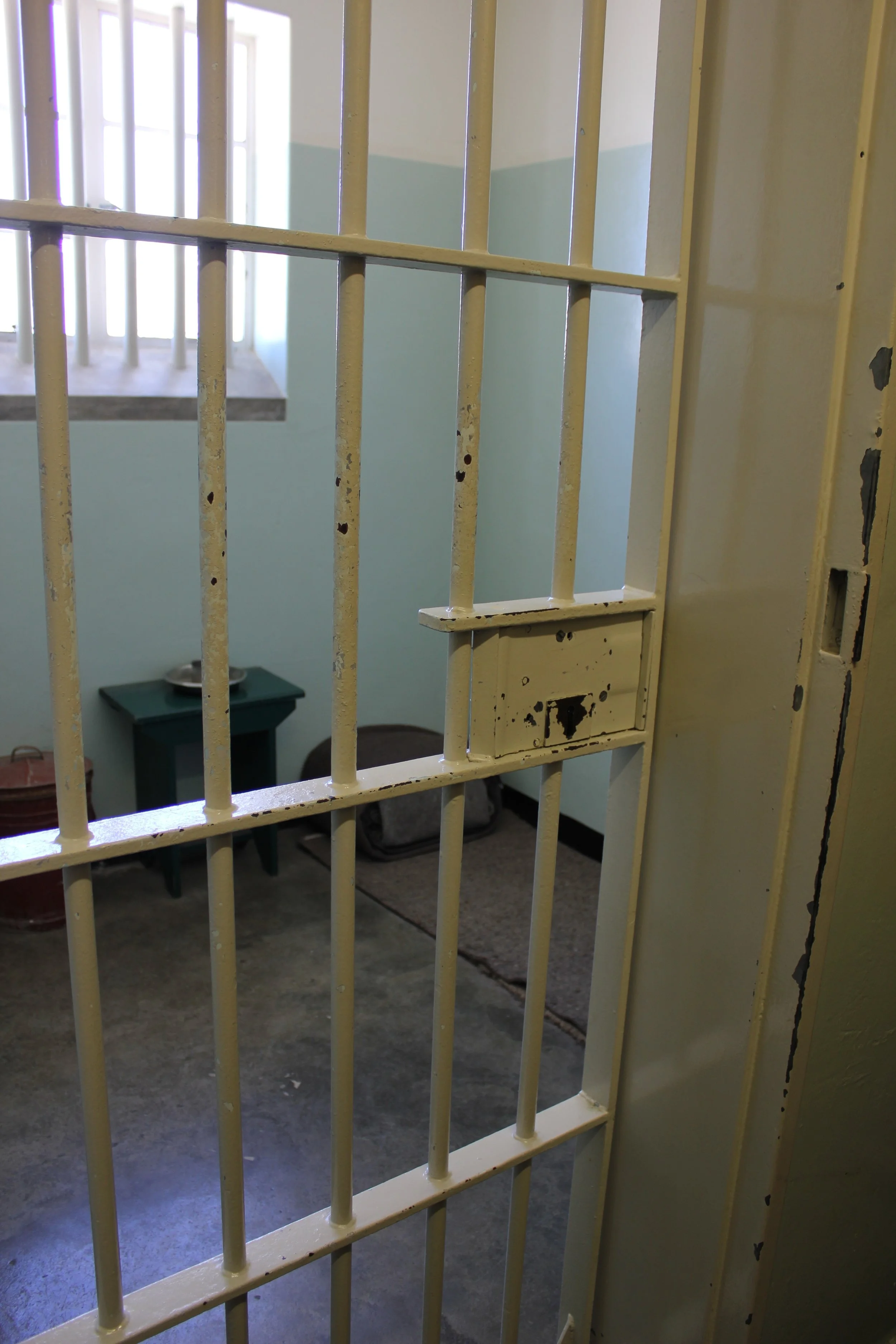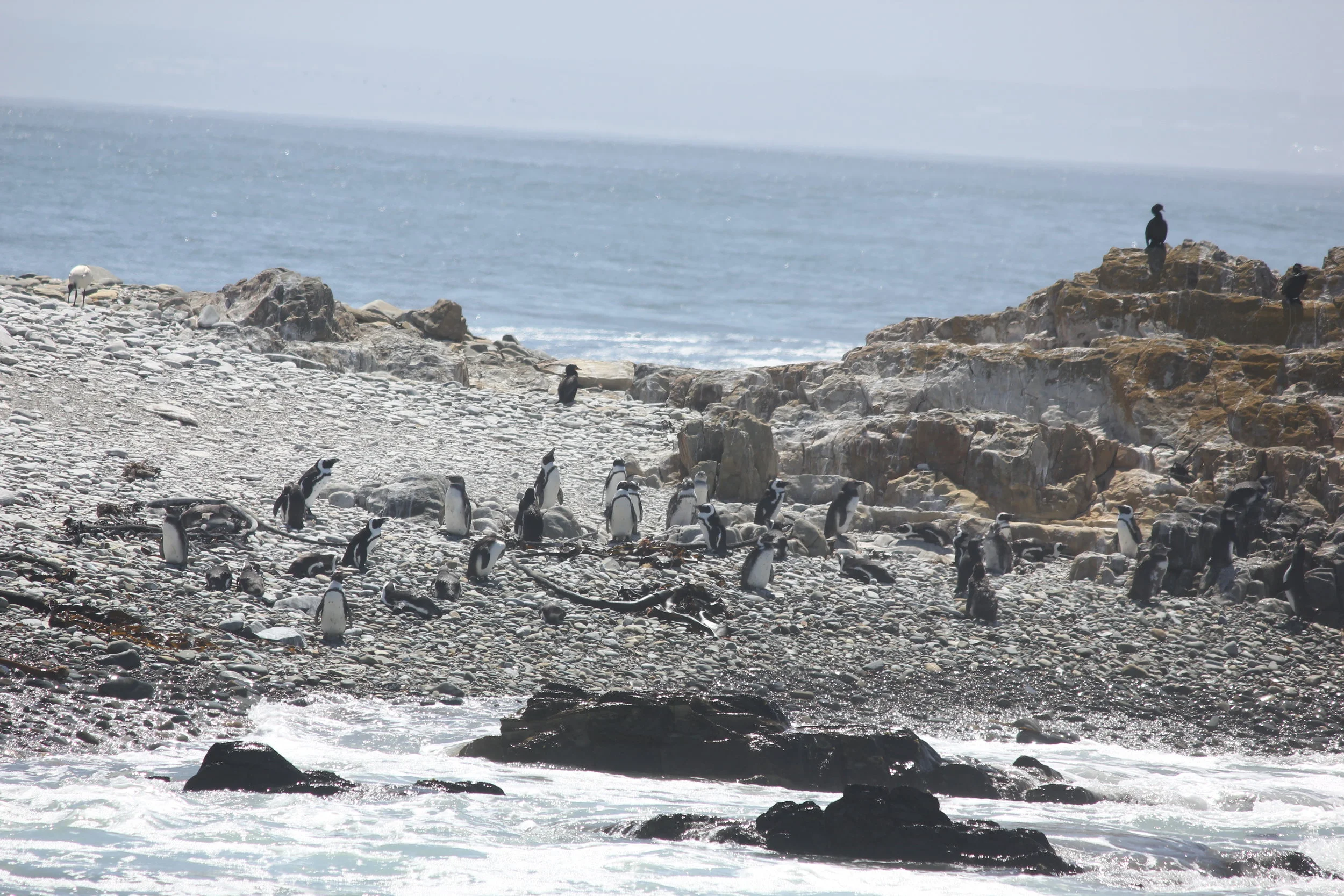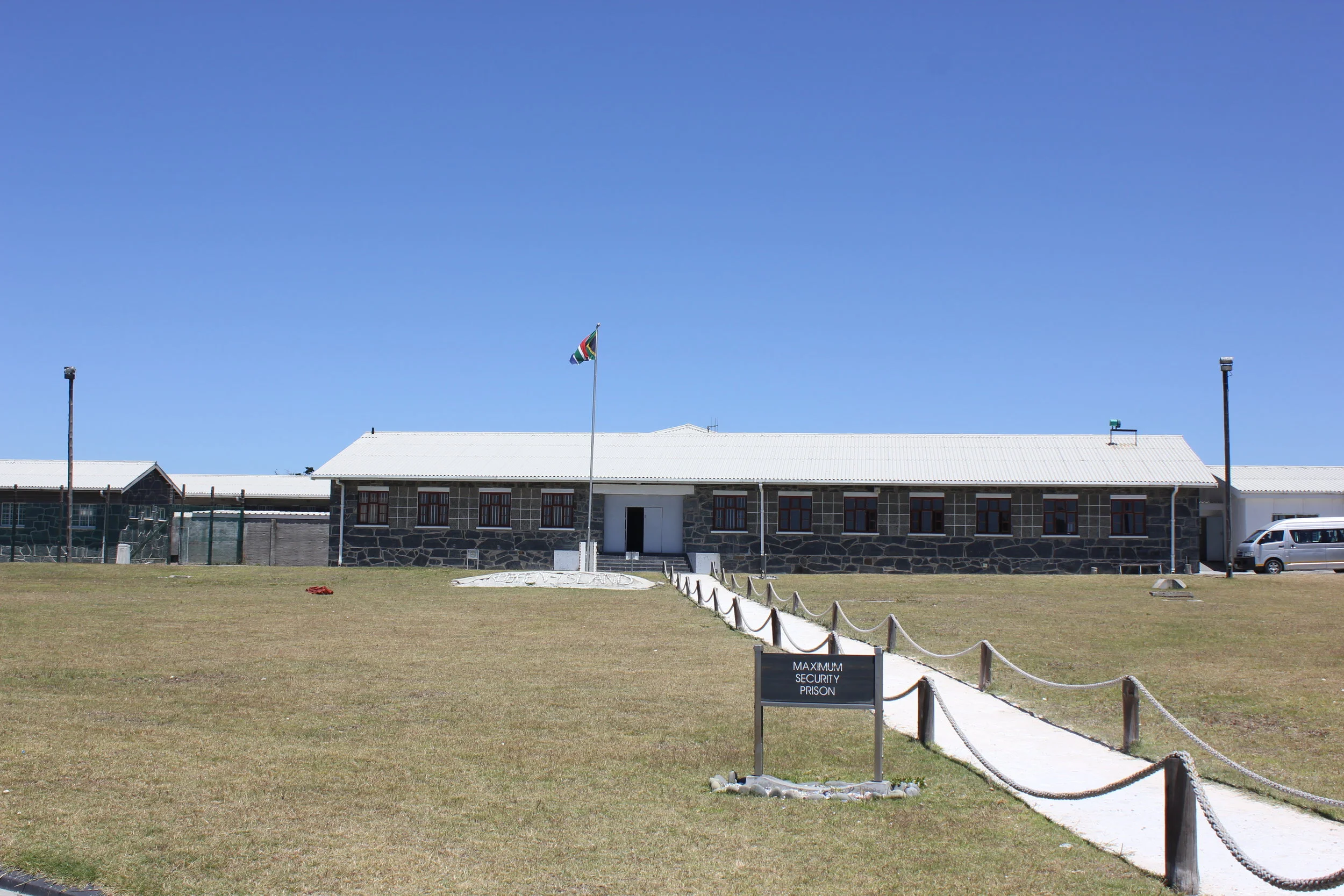Nelson Mandela: A Trip to Robben Island
“Difficulties break some men but make others. No axe is sharp enough to cut the soul of a sinner who keeps on trying, one armed with the hope that he will rise even in the end.”
Nelson Mandela
The morning we were heading to Robben Island to see where Nelson Mandela was jailed for 18 years, I had a feeling of anticipation I wasn’t expecting.
I’ve read Mr. Mandela’s autobiography, A Long Walk to Freedom and found it to be deeply inspiring coming from a man fighting for what was right.
Mandela was gifted intellectually from the beginning. Born in 1918 in a small village that wasn’t known for sending their kids away to school, Mandela was one of the lucky ones and was able to attend. Seeing the young boy excel, his uncle stepped in and paid for Nelson to continue his education at a boarding school farther away. Mandela continued his growth.
In 1943, Nelson became the only black student to attend the University of Witwatersrand in Johannesburg and studied law.
This is when he started to become politicized. Politics in South Africa took a downward spiral into even more unjust racist laws. Eventually, the apartheid laws were announced and this separated whites from blacks. As you can imagine, the whites were set up for success, while the blacks were put at a severe disadvantage.
Nelson marched on this and demanded equal rights. His nonviolent influences stemmed from Mahatma Gandhi, and what he was able to accomplish in India against oppression.
In 1951, Mandela and other volunteers peacefully broke the apartheid laws. They boarded all-white trains, or entered opposite race neighborhoods. They were all jailed for this.
Mandela believed in a classless society, one of community and sharing.
As time went on, Mandela never backed down. He continued to be arrested, put in labor camps, and suspended from attending political rallies. But that never stopped him from fighting for what he believed in.
1964-1982
Robben Island
The boat took off from the shores of Cape Town and we were off to Robben Island. This was our third day in Cape Town, and we were already in love with the jovial, active city that Cape Town is.
The island itself doesn’t have much to it. Waves crash against the rocky shores as penguins dive into the water looking for food. Robben Island has been used to hold mostly political prisoners since the 17th century. The prison then closed in 1991 and is now a world heritage site.
Once arriving to the island, you get on a bus with a bunch of other tourists and away you go. The buses split up and take people on a different routes to not crowd everyone into the same area.
Mandela’s Home
We toured the grounds and visited different areas of the prison. It was all building up to the point when it would finally become your turn to walk in front of Nelson Mandela’s cell of eighteen years.
Walking through the corridors of the prison, looking at each of the 7x9 cells, the concrete walls, the windows with bars on them, some with cots and some without, you begin to gain a sense of what life was like for these prisoners day in and day out.
When you arrive in front of Mandela’s cell, the bars to access the room are closed giving you a strange sensation you’re peering into a sacred site.
18 years he sat in there. 18 years he honed and specialized his craft. He studied and read as much as he could. He wanted to know the history of people’s beliefs so he could connect with them. He wanted to empathize with them.
I remember imagining him sitting on the cold hard floor writing letters to different activists around the world.
Being Set Free
Mandela turned 60 in prison in 1978 and was awarded an honorary doctorate in Lesotho. He also gained the Jawaharial Nehru Award in 1979 from India and awarded the Freedom of the city of Glasgow, Scotland in 1981.
By 1988 international support for Mandela’s release was widespread. A tribute concert was held within Wembley stadium in London which was televised and viewed by more than 200 million people.
On February 11, 1990, Nelson Mandela was freed. He would witness the dismantling of the Apartheid and in 1994, he would become elected President of South Africa.






